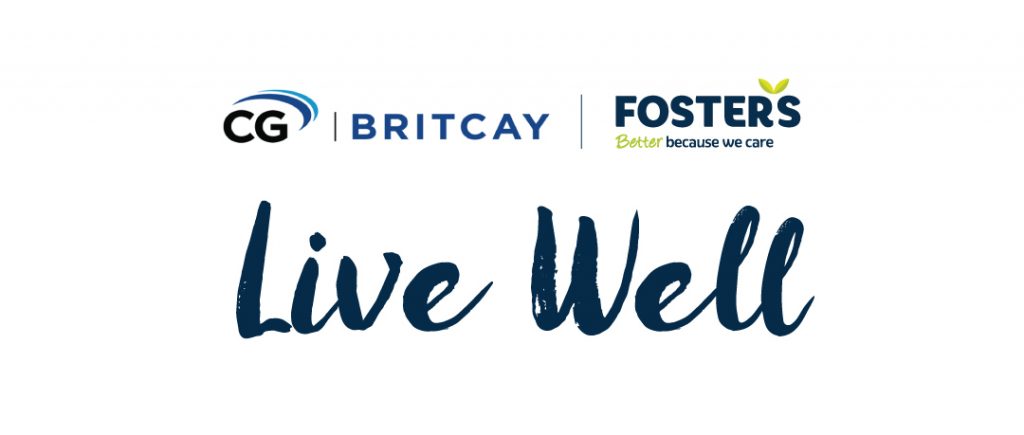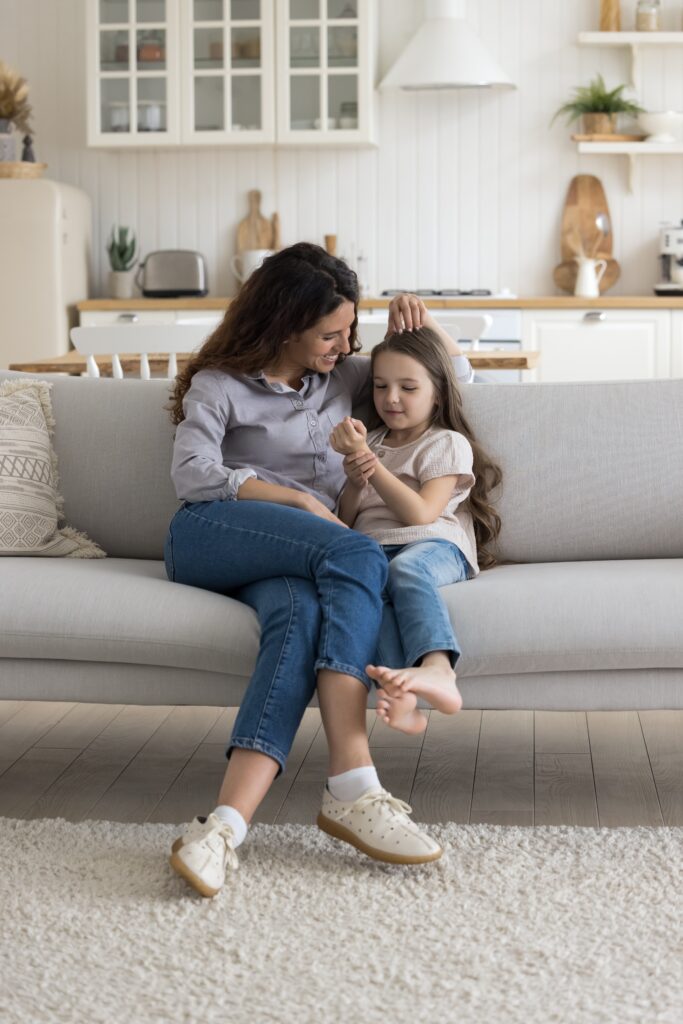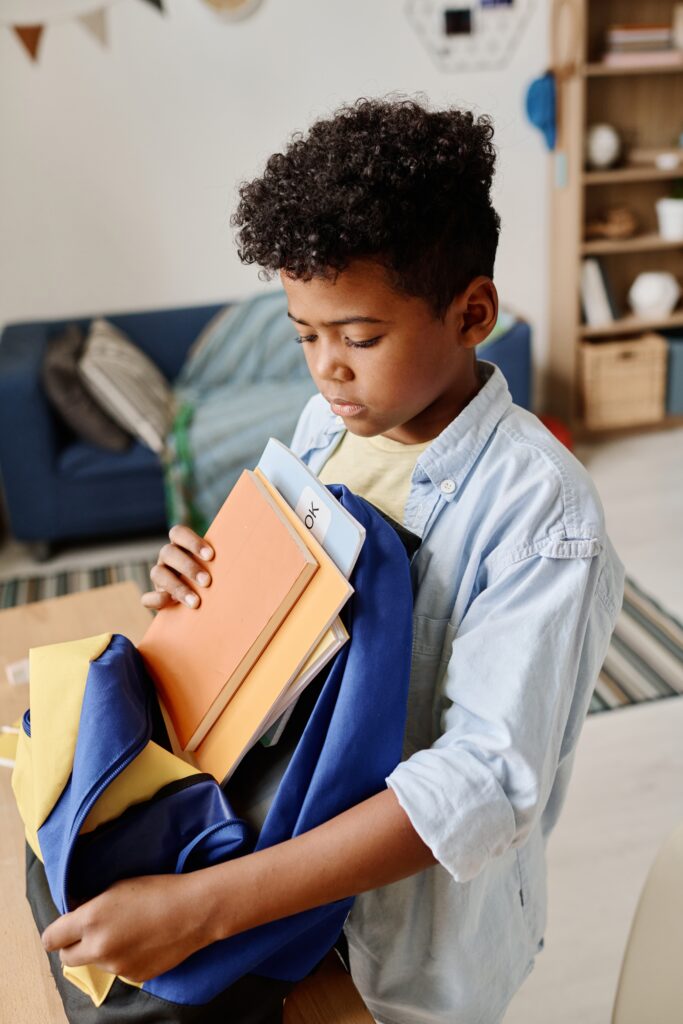Live Well
Updated: July 18, 2024
Easing the Back-to-School Jitters: Effective Strategies for Managing Anxiety

As the new school year approaches, it’s not uncommon for students and parents alike to feel a surge of anxiety. The transition from the relaxed pace of summer to the structured demands of school can be overwhelming. However, with the right strategies, it’s possible to manage and even alleviate back-to-school anxiety.
In this edition of Live Well, we’ll focus on four key approaches to help ease the transition.

Establish Routines Early
One of the most effective ways to combat back-to-school anxiety is to establish a routine well before the first day of school. Gradually adjust bedtimes and wake-up times to align with the school schedule at least two weeks in advance. This shift helps reset the body’s internal clock.
Additionally, start implementing regular mealtimes and incorporate some daily academic activities, like reading or practicing math, to re-engage the learning mindset.
Tip: Involve your child in planning this routine to give them a sense of ownership! Discussing what to expect in the new school year, such as new subjects or teachers, will also help demystify the unknowns.
Shop notepads at Foster’s:
Share Your feelings
Encouraging open communication about feelings is crucial for managing back-to-school anxiety. Create a safe space where your child feels comfortable expressing their fears and concerns. Listen actively and validate their feelings without dismissing them.
Acknowledge that it’s normal to feel nervous about new experiences and share your own experiences with anxiety and how you overcame them to provide comfort and build a sense of solidarity.
Tip: Offer practical advice and solutions to address specific concerns. For instance, if your child is worried about making friends, role-play social situations to boost their confidence. If they are anxious about academic performance, work together to set realistic goals and create a study plan.
Shop Pencils with Foster’s:


Prepare For ‘Day One‘
Spend time with your child organizing their school supplies and planning their first-day activities. Visit the school together if possible, and walk through their daily routine, from entering the building to finding their classroom. Familiarizing them with the school environment can help reduce fear of the unknown.
Discuss and rehearse the first day’s schedule. Knowing what to expect and having a plan in place can significantly reduce anxiety and build confidence.
Tip: Establish self-actualization by encouraging them to set up their study area at home, choose their backpack, and personalize their supplies. This involvement shifts the focus from anxiety to excitement.
Find Crayons with Foster’s:
Practice Relaxation Techniques
Practicing relaxation techniques can be incredibly beneficial in managing anxiety. Deep breathing, progressive muscle relaxation (where you tense and then slowly relax each muscle group), and mindfulness can help your child stay calm and centered.
Spend time each day practicing these techniques together. For example, teach your child to take slow, deep breaths when they start to feel anxious or overwhelmed.
Tip: Mindfulness exercises, such as guided imagery or mindful coloring, can also help them stay focused and calm. Use these techniques at school whenever they start to feel anxious. Additionally, physical activities like yoga or regular exercise can help release built-up tension and improve overall mood.
Find School Essentials with Foster’s:

Back-to-school anxiety is a common experience, but it doesn’t have to overshadow the excitement of a new school year. By establishing a routine early, fostering open communication, preparing together, and practicing relaxation techniques, you can help your child navigate their anxiety and start the school year with confidence.
These strategies not only alleviate anxiety but also build resilience, equipping your child with valuable skills for managing stress in the future.


